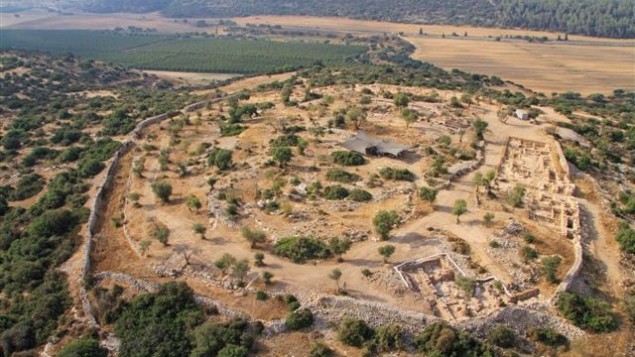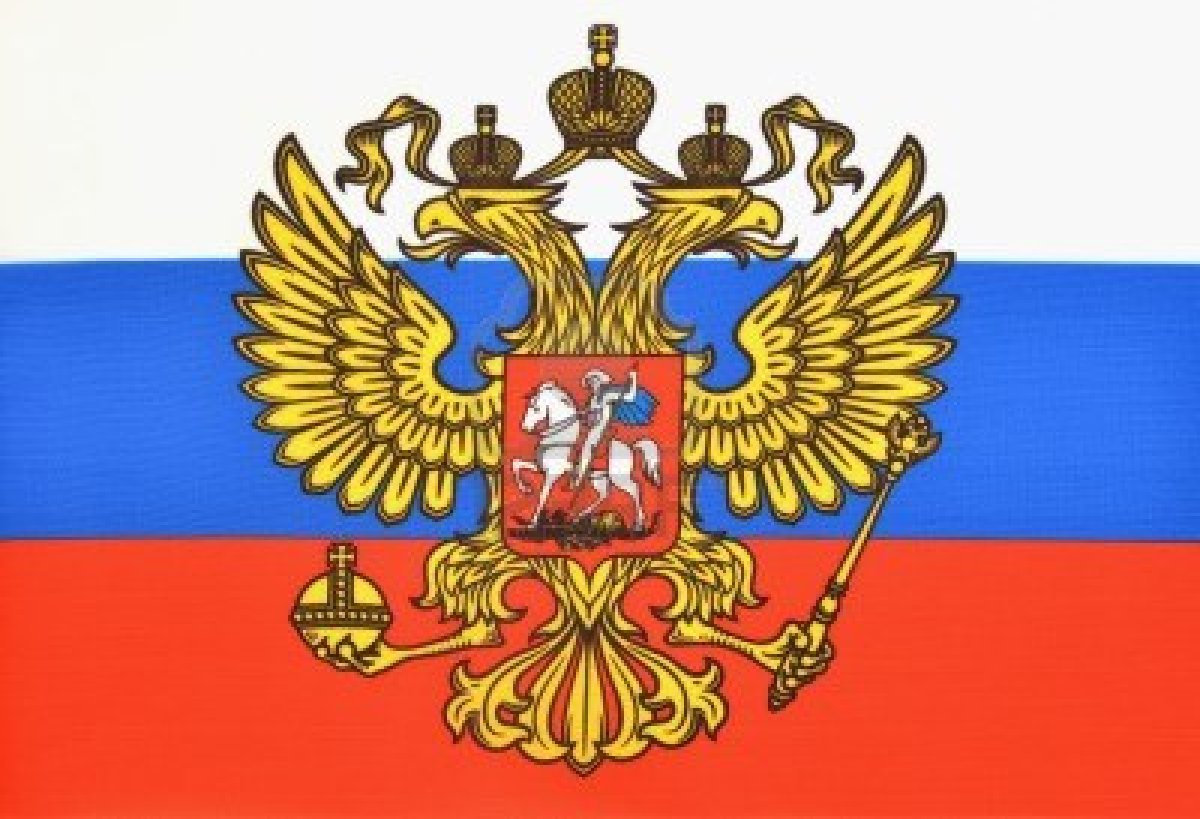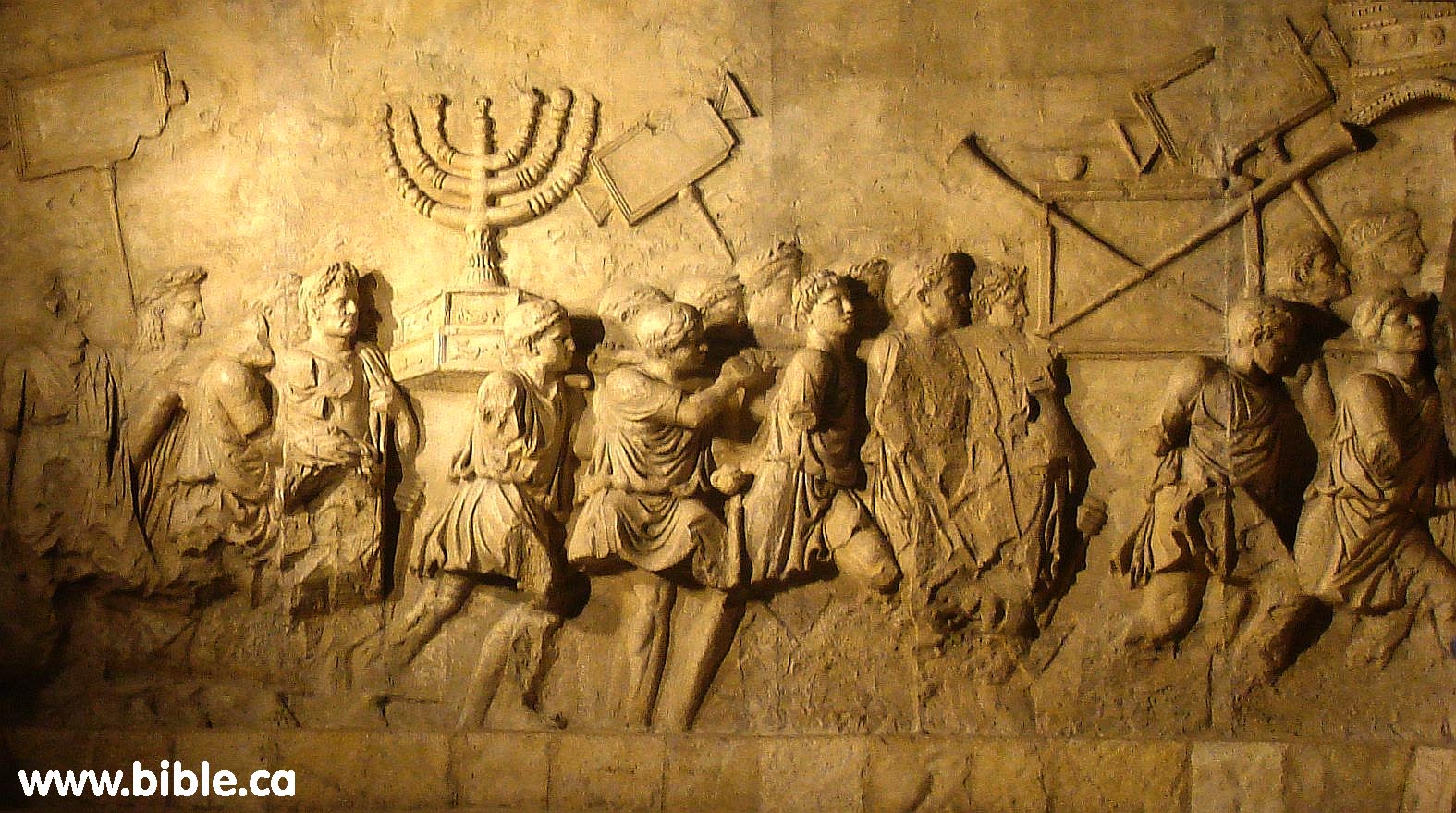p. 241
WE no longer expect to rebuild the Temple at Jerusalem. To us it has become but a symbol. To us the whole world is God’s Temple, as is every upright heart. To establish all over the world the New Law and Reign of Love, Peace, Charity, and Toleration, is to build that Temple, most acceptable to God, in erecting which Masonry is now engaged. No longer needing to repair to Jerusalem to worship, nor to offer up sacrifices and shed blood to propitiate the Deity, man may make the woods and mountains his Churches and Temples, and worship God with a devout gratitude, and with works of charity and beneficence to his fellow-men. Wherever the humble and contrite heart silently offers up its adoration, under the overarching trees, in the open, level meadows, on the hill-side, in the glen, or in the city’s swarming streets; there is God’s House and the New Jerusalem.
The Princes of Jerusalem no longer sit as magistrates to judge between the people; nor is their number limited to five. But their duties still remain substantially the same, and their insignia and symbols retain their old significance. Justice and Equity are still their characteristics. To reconcile disputes and heal dissensions, to restore amity and peace, to soothe dislikes and soften prejudices, are their peculiar duties; and they know that the peacemakers are blessed.
Their emblems have been already explained. They are part of the language of Masonry; the same now as it was when Moses learned it from the Egyptian Hierophants.
Still we observe the spirit of the Divine law, as thus enunciated to our ancient brethren, when the Temple was rebuilt, and the book of the law again opened:
“Execute true judgment; and show mercy and compassion every man to his brother. Oppress not the widow nor the fatherless, the stranger nor the poor; and let none of you imagine evil against his brother in his heart. Speak ye every man the truth
p. 242
to his neighbor; execute the judgment of Truth and Peace in your gates; and love no false oath; for all these I hate, saith the Lord.
“Let those who have power rule in righteousness, and Princes in judgment. And let him that is a judge be as an hiding-place from the wind, and a covert from the tempest; as rivers of water in a dry place; as the shadow of a great rock in a weary land. Then the vile person shall no more be called liberal; nor the churl bountiful; and the work of justice shall be peace; and the effect of justice, quiet and security; and wisdom and knowledge shall be the stability of the times. Walk ye righteously and speak uprightly; despise the gains of oppression, shake from your hands the contamination of bribes; stop not your ears against the cries of the oppressed, nor shut your eyes that you may not see the crimes of the great; and you shall dwell on high, and your place of defence be like munitions of rocks.”
Forget not these precepts of the old Law; and especially do not forget, as you advance, that every Mason, however humble, is your brother, and the laboring man your peer! Remember always that all Masonry is work, and that the trowel is an emblem of the Degrees in this Council. Labor, when rightly understood, is both noble and ennobling, and intended to develop man’s moral and spiritual nature, and not to be deemed a disgrace or a misfortune.
Everything around us is, in its bearings and influences, moral. The serene and bright morning, when we recover our conscious existence from the embraces of sleep; when, from that image of Death God calls us to a new life, and again gives us existence, and His mercies visit us in every bright ray and glad thought, and call for gratitude and content; the silence of that early dawn, the hushed silence, as it were, of expectation; the holy eventide, its cooling breeze, its lengthening shadows, its falling shades, its still and sober hour; the sultry noontide and the stern and solemn midnight; and Spring-time, and chastening Autumn; and Summer, that unbars our gates, and carries us forth amidst the ever-renewed wonders of the world; and Winter, that gathers us around the evening hearth:–all these, as they pass, touch by turns the springs of the spiritual life in us, and are conducting that life to good or evil. The idle watch-hand often points to something within us; and the shadow of the gnomon on the dial often falls upon the conscience.

Moe is the founder of GnosticWarrior.com. He is a father, husband, author, martial arts black belt, and an expert in Gnosticism, the occult, and esotericism.






